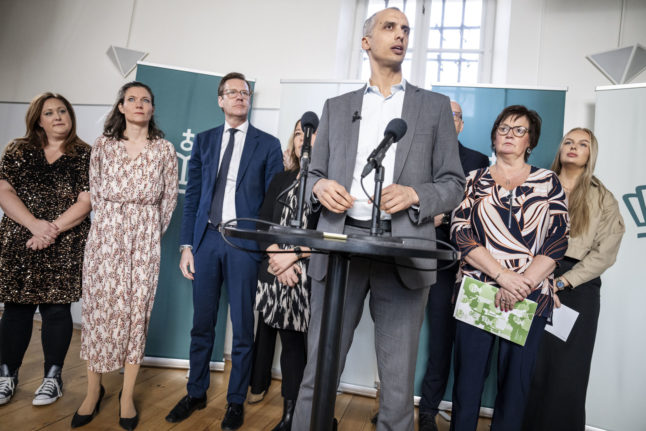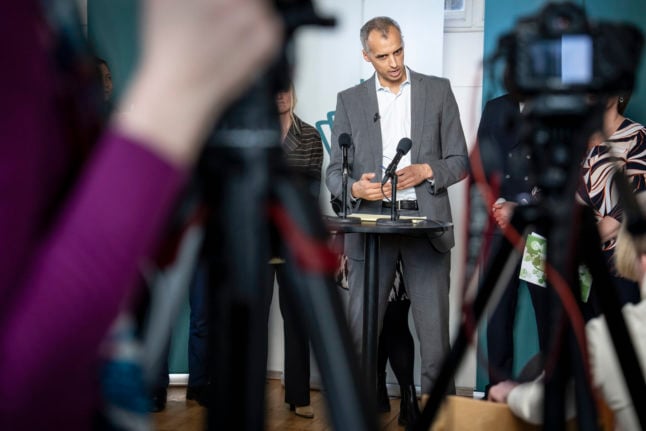The government, along with four opposition parties, have announced a reform of Denmark’s state schools, folkeskoler, which politicians say will give the schools more localised control and independence.
Schools Minister Mattias Tesfaye said that schools have become “too centrally controlled” at a briefing on Tuesday when the reforms were presented.
“That has now been good for the state schools. It’s this assumption that we know what’s best for schools. That’s wrong,” Tesfaye said.
The deal provides 740 million kroner per year for implementation of the reforms, which the parties backing the agreement say will give schools more freedom to set their own learning plans.
School curricula, læreplaner in Denmark, which have been a source of political contention for a number of years will be updated and trimmed down, according to the agreement signed by the government along with four opposition parties (Liberal Alliance, Danish People’s Party, Social Liberals and Conservatives).
The new curricula are the “largest individual change” set down by the agreement, Tesfaye said.
Money will also be spent on other areas, however. Some 540 million kroner has been set aside to purchase new books in an initiative designed to reduce students’ screen time.
READ ALSO: ‘Close computers during lessons’: Danish school pupils to be kept offline in class
The parties have also agreed to spend 2.6 billion kroner improving classrooms and facilities, in particular those used for play and physical activity.
As an example of an area where centralised control will be cut, Tesfaye cited movement (bevægelse) for students, the equivalent of P.E. lessons.
“The law states that all students should have 45 minutes of exercise each day. We all agree that students should be active, but the stopwatch approach is wrong,” the minister said.
The Danish Union of Teachers (Danmarks Lærerforening, DLF) said that the agreement had “good elements” but that its funding was “unrealistic”.
“The agreement does not deal with the major problems that teachers, parents and students are facing today. Inclusion challenges have not been resolved with the measures contained in the agreement and individual schools will not be able to strengthen their finances,” DLF chairperson Gordon Ørskov Madsen said in the statement.
“The frustrations we see at schools right now will not be lessened by this [agreement],” he said.
Politicians have “listened some of the way, and several good elements have been included,” he added.
Aspects praised by the DLF leader include reduced pressure on students from exams, an option for teachers to take psychology training, and a working hour system that will allow schools to improve individual finances.
“But it just doesn’t address schools’ biggest problems” which include a lack of municipal funding and poor wellbeing among students, he said.



 Please whitelist us to continue reading.
Please whitelist us to continue reading.
Member comments